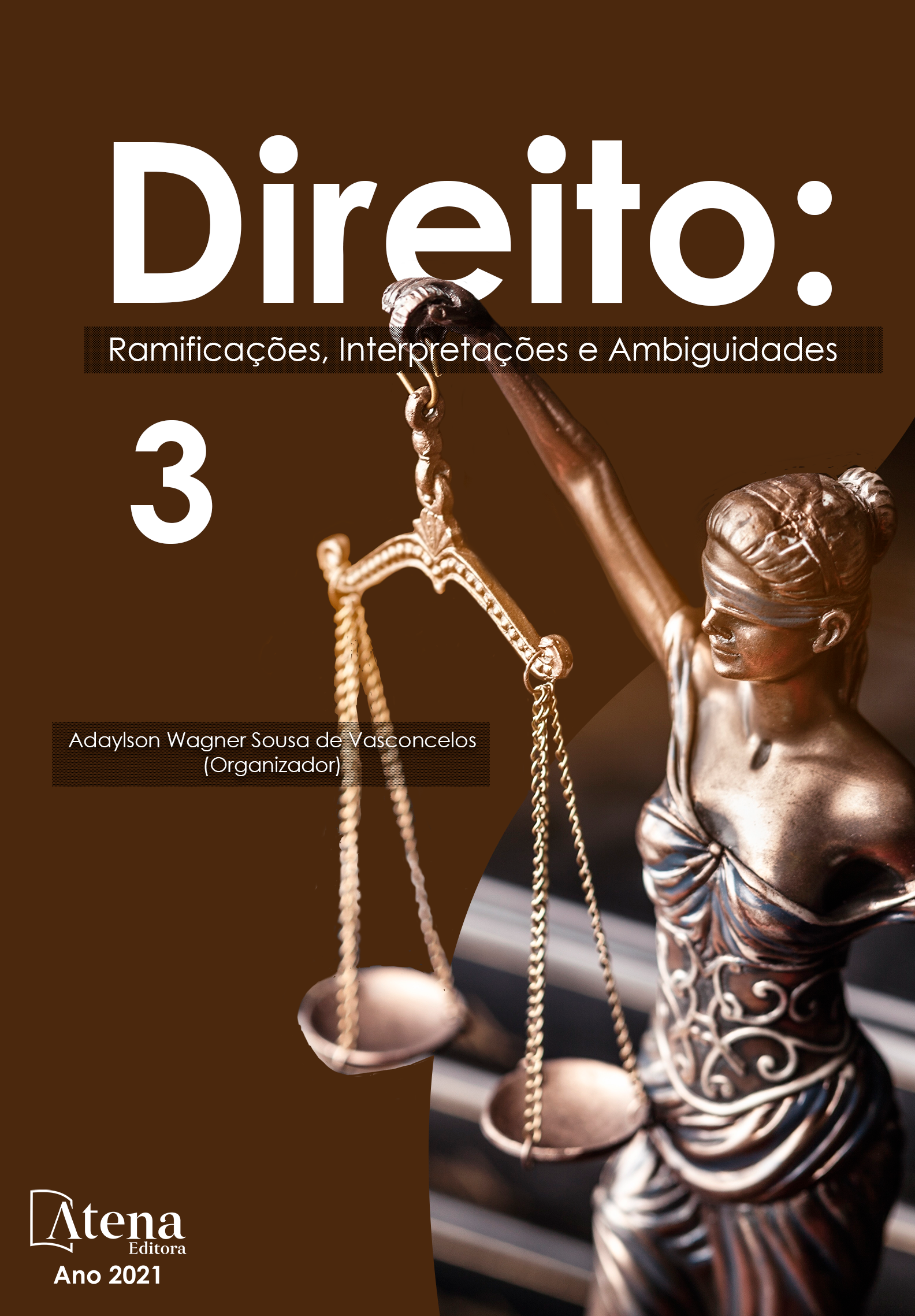
Direito Animal sob a perspectiva do Congresso Nacional: panorama dos projetos de lei versando sobre maus-tratos animais
O Direito Animal brasileiro apresenta-se em fase de consolidação da sua autonomia acadêmica e expansão doutrinária, destacando-se como seus pilares a proibição constitucional da prática de crueldade (inciso VII, do § 1º, do artigo 225, da Constituição Federal) e a vedação aos maus-tratos (artigo 32 da Lei de Crimes Ambientais). Por sua vez, o Poder Legislativo configura-se como importante palco para a evolução da matéria. No século XXI, houve um aumento da produção legislativa no Congresso Nacional, impulsionada pelos anseios da sociedae, assim como pela instauração da Frente Parlamentar em Defesa dos Animais e pela criação da Comissão Parlamentar de Inquérito (destinada a investigar os fatos determinados como maus-tratos animais), ambas na Câmara dos Deputados. Nesse contexto, realizou-se pesquisa exploratória no banco de dados do Congresso Nacional, buscando-se proposições versando sobre a questão de maus-tratos animais. Identificou-se dezenas de propostas legais na Câmara dos Deputados e no Senado Federal. As propostas legislativas possuem fundamentos múltiplos em suas justificativas, podendo-se destacar o reconhecimento de que a pena de maus-tratos é muito branda e, portanto, serviria como um estímulo à impunidade; e a reprovação da sociedade para a prática de atos vis contra os animais (em especial os animais de estimação). Os resultados obtidos demonstram uma preocupação do Poder Legislativo em normatizar as múltiplas formas da prática de maus-tratos, criar instrumentos para sua melhor fiscalização e aumentar a pena imposta, em reconhecimento (implícito ou explícito) da senciência animal, em alinhamento à crescente conscientização da população em relação à questões animais.
Direito Animal sob a perspectiva do Congresso Nacional: panorama dos projetos de lei versando sobre maus-tratos animais
-
DOI: 10.22533/at.ed.8612115038
-
Palavras-chave: Direito Animal; Senciência; Maus-tratos; Congresso Nacional.
-
Keywords: Animal Rights; Sentience; Mistreatment; National Congress.
-
Abstract:
Brazilian Animal Rights is in a phase of consolidation of its academic autonomy and doctrinal expansion, with the constitutional prohibition of cruelty being highlighted as its pillars (item VII, of § 1, of article 225, of the Federal Constitution) and the prohibition of mistreatment (article 32 of the Environmental Crimes Law). In turn, the Legislative Power is configured as an important stage for the evolution of the matter. In the 21st century, there was an increase in legislative production in the National Congress, driven by the wishes of society, by the establishment of the Parliamentary Front in Defense of Animals and the creation of the Parliamentary Commission of Inquiry (aimed at investigating the facts determined as animal mistreatment), both in the Chamber of Deputies. In this context, exploratory research was carried out in the database of the National Congress, seeking proposals addressing the issue of animal mistreatment. Dozens of legal proposals have been identified in the Chamber of Deputies and the Federal Senate. The legislative proposals have multiple grounds in their justifications, highlighting the recognition that the penalty of mistreatment is very lenient and, therefore, would serve as a stimulus to impunity and the disapproval of society for the practice of vile acts against the animals (especially pets). The results obtained demonstrate a concern of the Legislative Power to standardize the multiple forms of the practice of mistreatment, create instruments for its better inspection and increase the penalty imposed, in recognition (implicit or explicit) of animal sentience, in alignment with the growing awareness of population in relation to animal issues.
-
Número de páginas: 14
- Arthur Henrique de Pontes Regis


